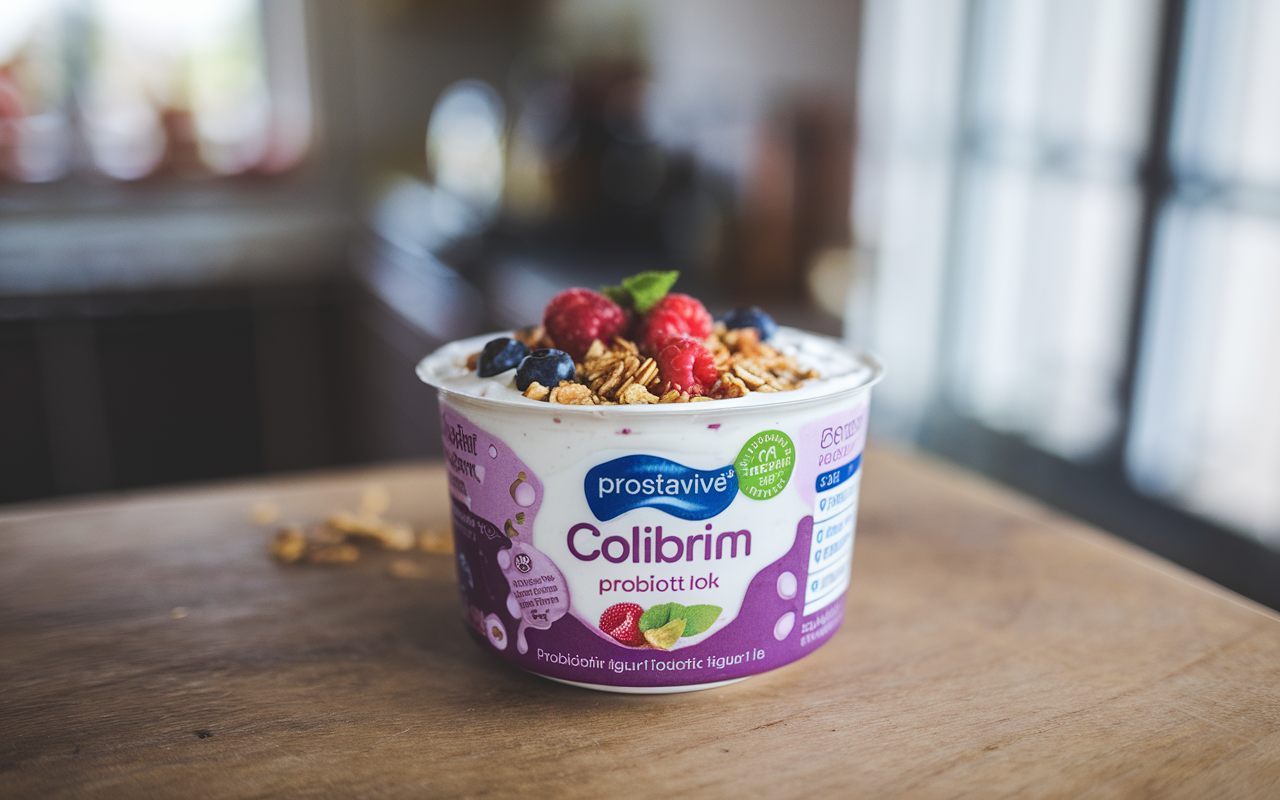Intoduction
Magnesium is an essential mineral for the body, helping with muscle function, bone health, and the nervous system. If you have conditions such as diabetes, inflammatory bowel disease (IBD), or are frequently consuming alcohol or medications, your magnesium levels may be affected. In such cases, magnesium glycinate supplements can help maintain healthy levels.
Magnesium and Its Importance
In the United States, many people consume less magnesium than they should. However, symptoms of low magnesium intake are not always noticeable because the kidneys regulate the amount of magnesium excreted. The Recommended Dietary Allowance (RDA) for magnesium varies by age and sex, but it typically ranges from 300–420 mg/day for adults.
Magnesium Glycinate, either through diet or supplements, can offer several benefits, including:
- Lowering blood pressure
- Reducing the risk of stroke, cardiovascular disease, and type 2 diabetes
- Promoting bone health
- Preventing migraine headaches
What is Magnesium Glycinate?
Magnesium glycinate is a form of magnesium combined with the amino acid glycine. It is highly bioavailable, meaning it is easily absorbed by the body, making it an effective supplement for those with magnesium deficiencies. While magnesium oxide is the most affordable form, it is not as well absorbed by the digestive system.
Benefits of Magnesium Glycinate
Magnesium glycinate offers a range of benefits, including:
- Relieving anxiety
- Supporting bone health
- Managing blood sugar, especially for people with diabetes, and potentially lowering the risk of type 2 diabetes
- Maintaining regular heart rhythms
- Reducing PMS symptoms
- Enhancing exercise performance
- Alleviating pain
Research indicates that magnesium supplements, particularly magnesium glycinate, may also be helpful in treating fibromyalgia and reducing the risk of stroke, heart failure, and diabetes.
Magnesium Deficiency
Studies suggest that about 50% of people in the United States have a magnesium deficiency. Symptoms of magnesium deficiency can include:
- Loss of appetite
- Nausea, fatigue, and vomiting
- Muscle cramps and tingling
- Abnormal heart rhythms
- Seizures
Common causes of magnesium deficiency include:
- Alcohol use
- Chronic diarrhea
- Uncontrolled diabetes
- Malabsorption issues such as celiac disease or inflammatory bowel disease
- Malnutrition and certain medications
How to Use Magnesium Glycinate Supplements
Magnesium glycinate supplements are available in both pill and powder form. It’s generally best to take them with food to avoid stomach upset. If you’re on medications, consult with a healthcare professional or pharmacist to ensure there are no interactions between your medication and the supplement.
Excess Magnesium
Excess magnesium levels are rare in healthy individuals, as the kidneys typically eliminate any excess. However, it’s important to monitor your intake, especially when using supplements. Symptoms of excess magnesium can include:
- Low blood pressure (hypotension)
- Nausea and vomiting
- Facial flushing
- Irregular heartbeat
- Muscle weakness
- Severe cases may result in cardiac arrest
Natural Sources of Magnesium
Magnesium can be found in many foods. The best sources include:
- Dark leafy greens (e.g., spinach, Swiss chard)
- Nuts and seeds (e.g., pumpkin seeds, chia seeds)
- Seaweed
- Beans and lentils
- Whole grains
- Fruits like bananas, dried figs, and blackberries
- Fish, especially halibut
Opting for organically grown foods can help ensure you’re getting the highest levels of magnesium and other nutrients.
Risks and Precautions

Magnesium supplements are generally safe for healthy adults, but it’s advisable to consult with a doctor before starting supplementation. Some precautions include:
- Always check the amount of elemental magnesium in the supplement
- Purchase supplements from reputable sources, as the FDA doesn’t regulate them for safety or efficacy
- Speak with a healthcare professional if you have heart or kidney issues or are taking other medications
Frequently Asked Questions
1. Is it safe to take magnesium glycinate every day?
- Yes, daily magnesium supplements are safe for most people. However, it’s best to consult with a doctor to ensure there are no interactions with other medications or supplements.
2. What is magnesium glycinate best for?
- It is beneficial for anxiety, bone health, blood sugar management, and reducing PMS symptoms.
3. Which is better: magnesium citrate or magnesium glycinate?
- Both are well absorbed, but magnesium glycinate may be gentler on the stomach and less likely to cause digestive issues.
4. What happens when you take magnesium glycinate?
- It helps to reduce blood pressure, improve anxiety, lower the risk of stroke and diabetes, and support bone health.
Conclusion
Magnesium is crucial for maintaining various bodily functions, and getting enough magnesium through diet and supplements can significantly improve your health. If you struggle to get enough magnesium from food, magnesium glycinate supplements may offer a gentle and efficient way to boost your intake. Always consult with a healthcare professional before beginning supplementation to ensure it’s right for you.




